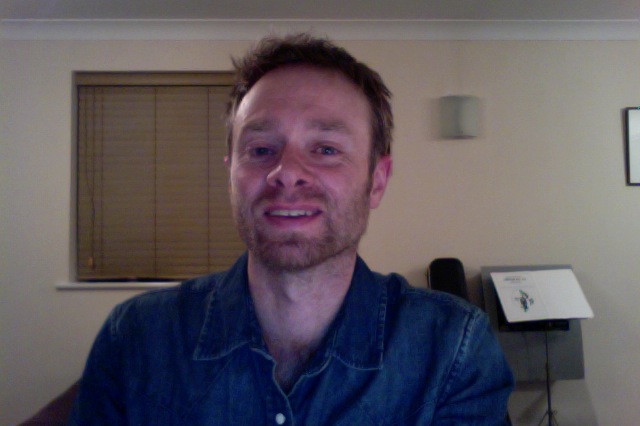Combining Functional and Psychoanalytic Techniques, Using Rhythmic Auditory Stimulation (RAS) and Songwriting to Treat a Man with a Traumatic Brain Injury
DOI:
https://doi.org/10.15845/voices.v12i3.673Abstract
A common dilemma for music therapists, particularly when treating the symptoms of neurological damage, is deciding whether to employ functional or psychotherapeutic treatment techniques (Jochims 2004). This paper discusses the process and outcomes of combining two different techniques as a short-term treatment with a man with a traumatic brain injury (TBI) who is transitioning from post acute into the community stage of rehabilitation. Beginning with a brief review of examples where other music therapists have used a combination of techniques in the treatment of TBI patients, I will continue with a case study describing the referral, assessment and treatment plan for the client, including the outcomes of the two main techniques and concluding with a discussion of the process, outcomes and some interpretation of the client’s responses within the six week period.
Working with Will, a 35-year-old man with a TBI, sessions began using several techniques in order to assess his condition, establish goals and begin treatment. Following an initial four months of weekly music therapy we planned to employ two different techniques over a six week period with two different aims: 1. RAS to improve gait parameters, 2. song writing to help sustain motivation for RAS and to address adjustment, self-expression, identity and communication difficulties. This resulted in a highly motivating, holistic treatment plan that was structured, with clear goals and timescales. Sessions lasted for 70 minutes, with 50 minutes of RAS and pregait exercises, followed by 20 minutes spent working on a song: ‘Life After a Bike Crash (that I can’t remember having)’. The RAS programme was set up conjointly with a privately employed physiotherapist and also supported with a daily home programme of RAS and pregait exercises.

Downloads
Veröffentlicht
Zitationsvorschlag
Ausgabe
Rubrik
Lizenz
Articles published prior to 2019 are subject to the following license, see: https://voices.no/index.php/voices/copyright

